The Difference Between Truth and Facts
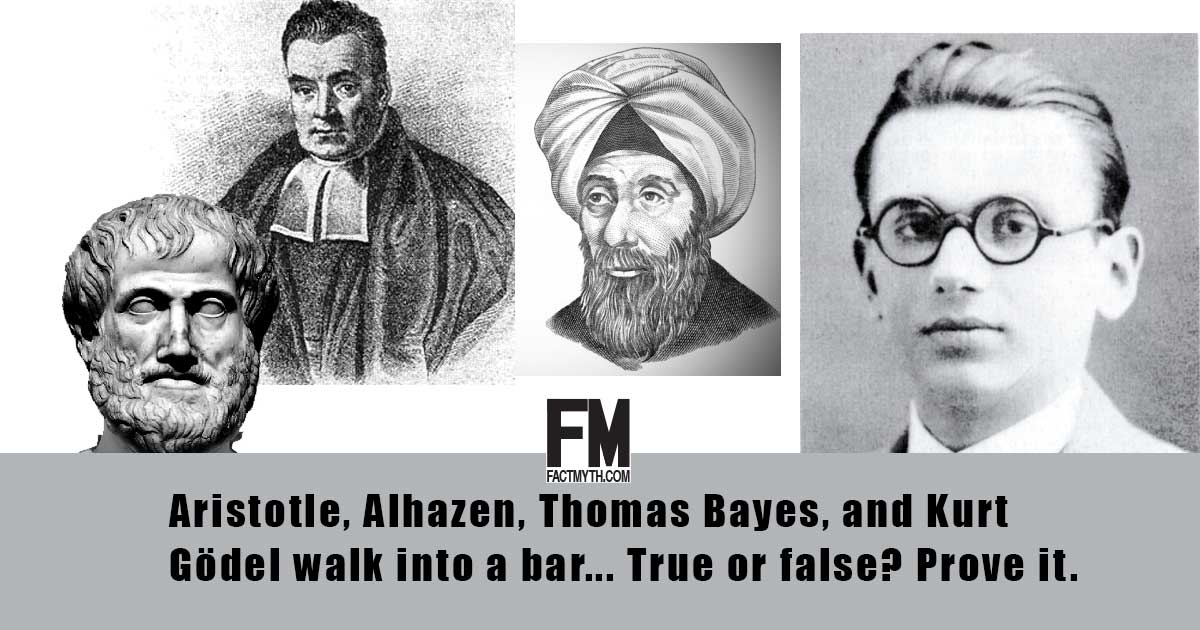
Truth and facts have a lot in common, but they are not exactly the same. Truth is something that is the case. Facts are true statements. Truth is best described using facts and logical reasoning.
Epistemology is the study of knowledge and belief, a branch of philosophy that asks, “what is truth, how do we know, and how can we prove it”.
This includes examining what we know, what we can know, how we can know it, how we can prove we know it, what we can’t know, how we can prove we don’t know, what the difference between opinion and fact are, what the difference between empirical and reasoned evidence is, what the difference between truth and belief is, and more.
Some of the most important philosophical works are epistemological, as a theory holds a lot more weight when you can actually prove it by accepted measures. See our page on Hume’s fork and Kant’s a Critique of Pure Reason for a starter kit, or see Stanford Encyclopedia of Philosophy’s page on Epistemology for the AP version, or see this article on knowledge, opinion, and fact.

Truth and facts have a lot in common, but they are not exactly the same. Truth is something that is the case. Facts are true statements. Truth is best described using facts and logical reasoning.
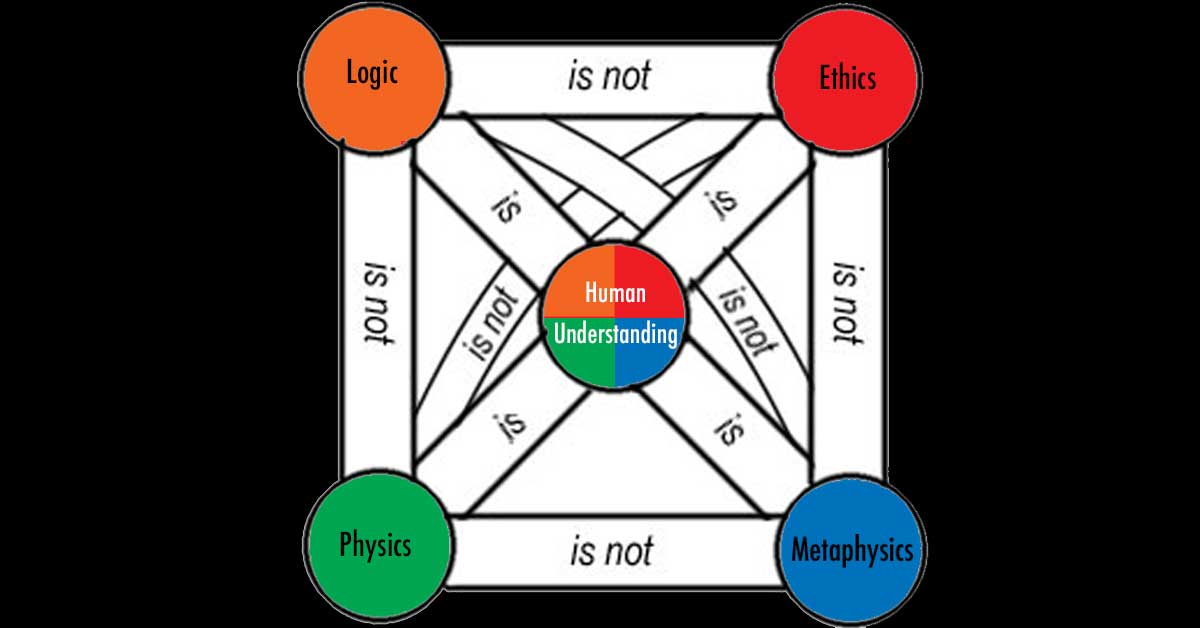
Deductive, inductive, and abductive reasoning are three basic reasoning types. In simple terms, deductive reasoning deals with certainty, inductive reasoning with probability, and abductive reasoning with guesswork.
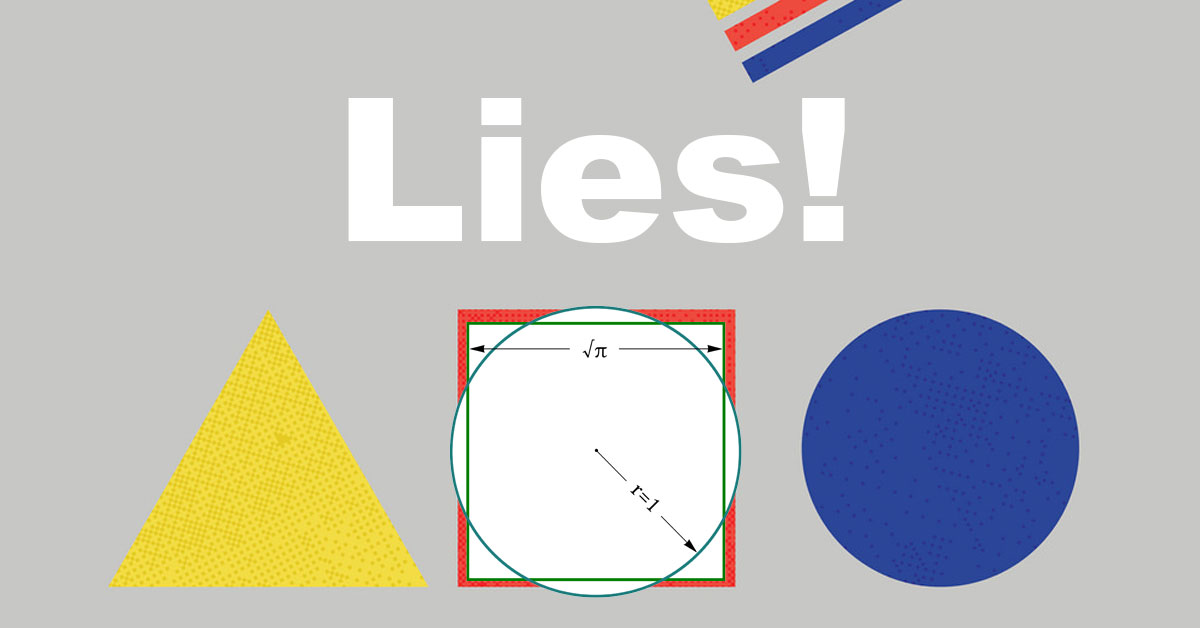
I would argue that most sources of information and any information they contain should not be dismissed due our thoughts on them in general or a portion of their content. Instead, I would argue that any source is capable of presenting good and useful information, even if they typically don’t.
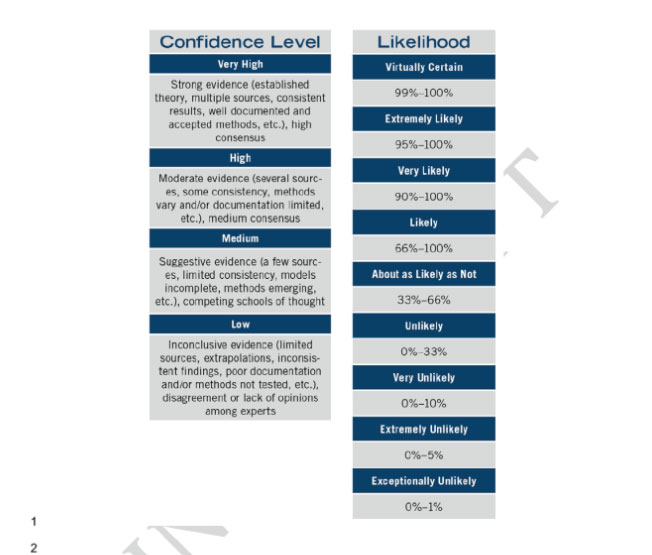
Facts are things that are the case for sure, they are stated plainly and without bias. Opinions meanwhile inject subjectivity and bias. Since most content in any form contains at least some subjectivity and bias, it is rare to find pure facts and common to find opinion.
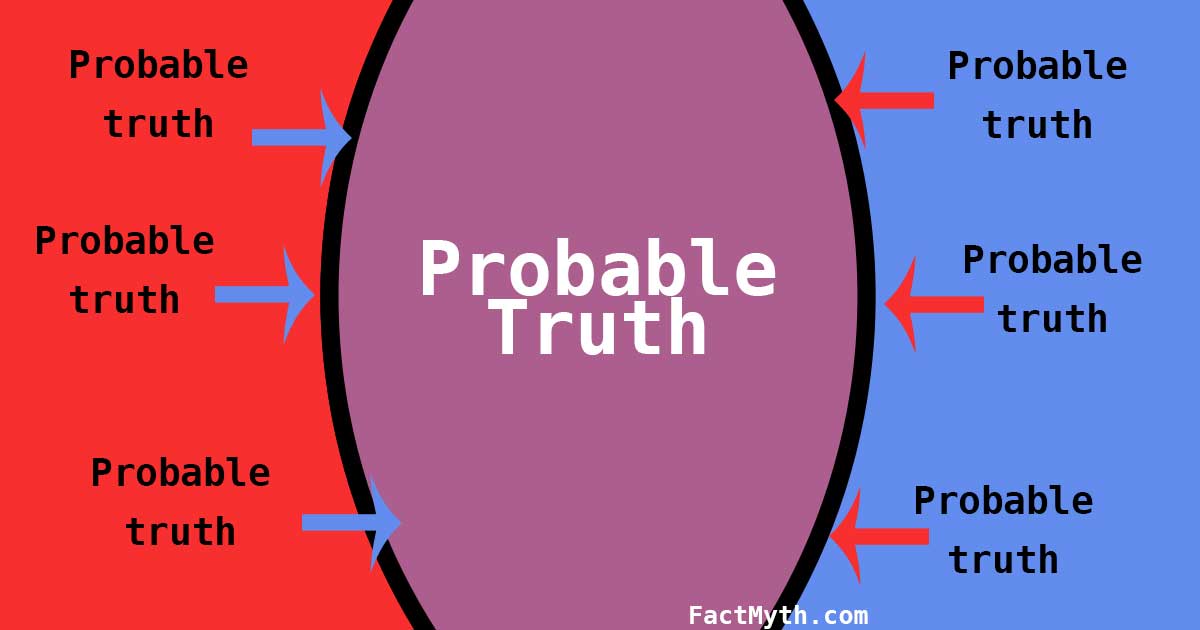
We explain inductive reasoning, a bottom-up reasoning method that reasons by consistency, comparing particulars and probabilities to find likely truths.
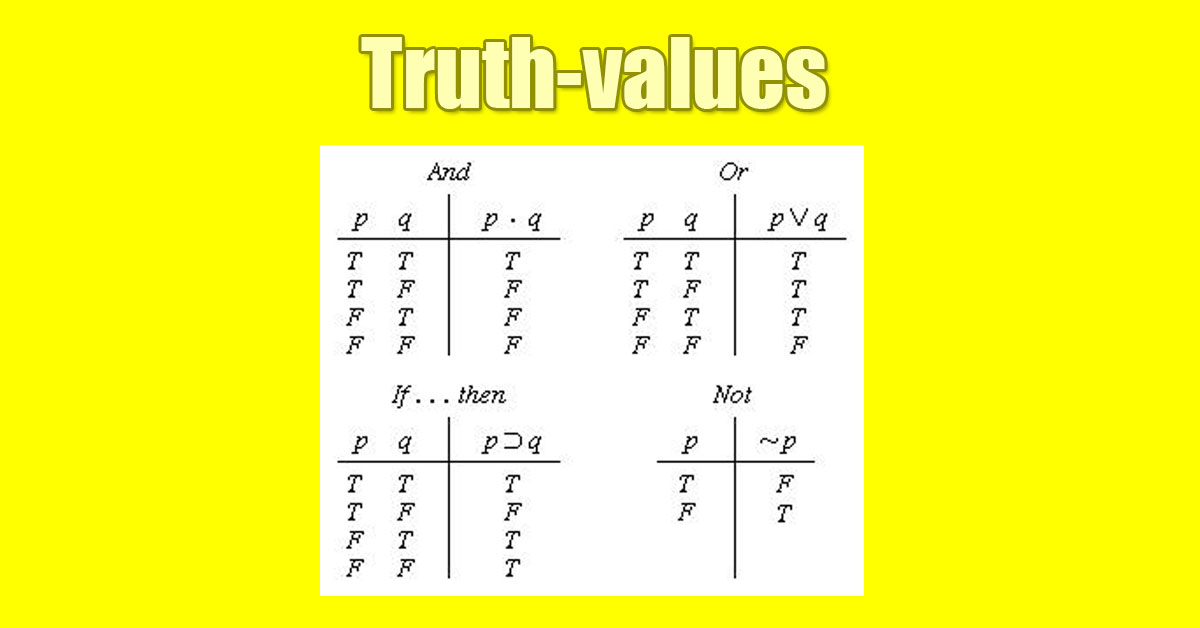
A truth-value is a label that is given to a statement (a proposition) that denotes the relation of the statement to truth.

We present a system of “logical, epistemological, and ontological categories of being and knowledge” (categories to place all empirical and rational concepts into).
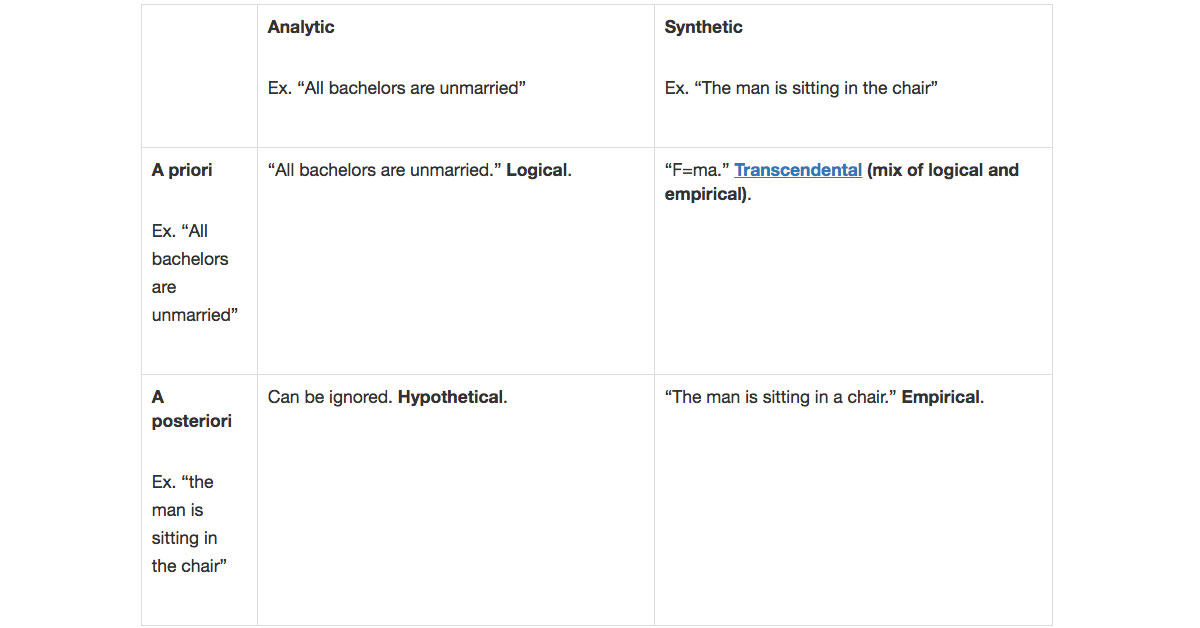
We explain the a priori-a posteriori distinction, analytic-synthetic distinction, necessary-contingent distinction and other logic-based terms.
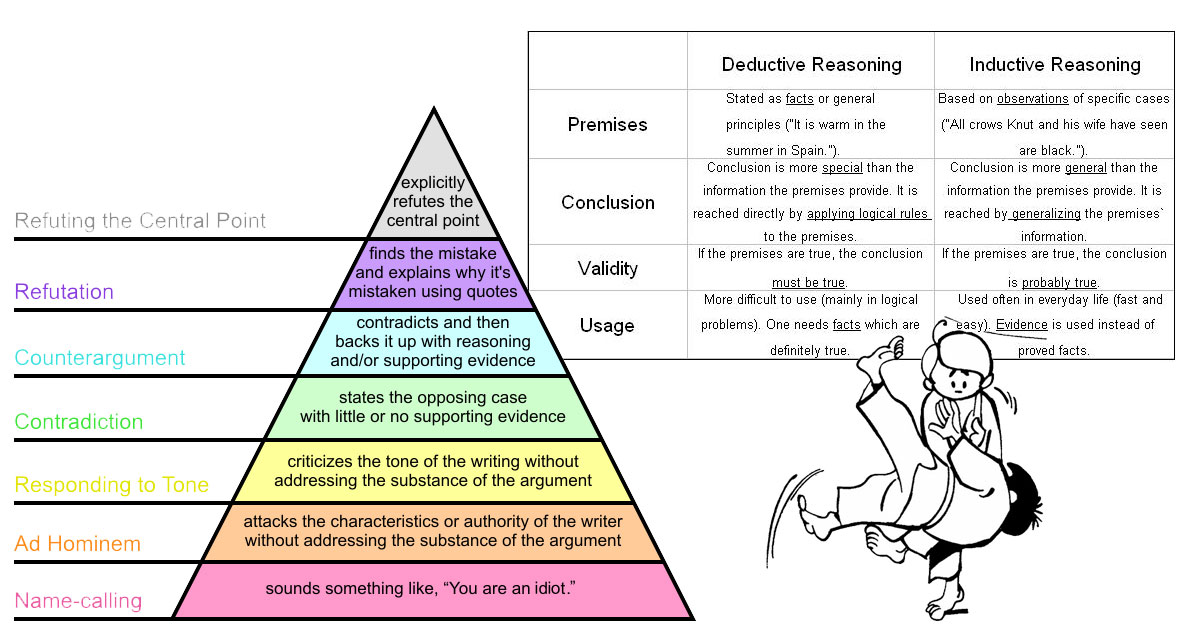
We present a list of types of propaganda, propaganda techniques, and propaganda strategies used to manipulate public opinion in the modern day.
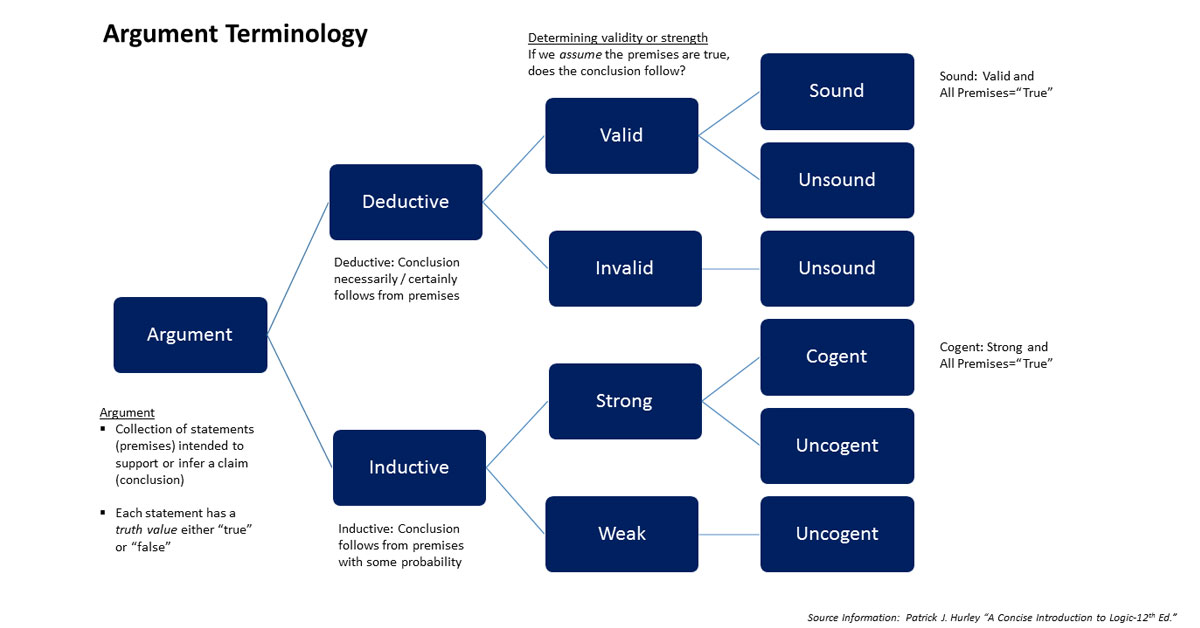
We explain and compare the different types of reasoning methods including deductive, inductive, abductive, analogical, and fallacious reasoning.